In early December, Adam Kissel wrote an opinion editorial on conservative magazine National Review’s website in regards to historically black colleges and universities, or HBCUs, and whether [or not] these institutions, and in particular failing HBCUs, deserve billions of dollars of handouts.

According to Kissel, who was deputy assistant secretary for higher-education programs in the U.S. Education Department, 2017–18, HBCUs instead should be encouraged to seek private money if they do not want to fail, and HBCUs should be free to compete on an equal basis with everyone else without special handouts and subsidies.
The opinion piece reads as follows:
The federal government shovels hundreds of millions of dollars per year to America’s 100 historically black colleges and universities (HBCUs), with minimal accountability. Congress is poised to keep the shovel going full steam, and presidential candidates Bernie Sanders (Vt.) and Cory Booker (N.J.) want America to give these institutions as much as $100 billion more. While some HBCUs have modernized their operations and are succeeding, many others that are failing are lobbying for handouts — and Congress has already rewarded the worst performers with loan deferment and forgiveness. Congress should stop giving out so much free money, let failing colleges fail, and showcase the ones that successfully compete.
Let’s look at the biggest number first. Senator Booker hopes to throw $100 billion at HBCUs and minority-serving institutions (MSIs) in general. Under his plan, he would transform HBCUs into social-activist organizations in “the fight against climate change,” though it remains unclear why being historically black makes them particularly well qualified for this task.
This plan eclipses the spending idea of Senator Sanders, who wants to throw only $15 billion at HBCUs, forgive another billion or two of debt, and double current funding under the Strengthening HBCUs program of Title III of the Higher Education Act of 1965.
Here’s what we’re already spending on HBCUs under Title III. In 2019 Congress gave these 101 institutions $282 million, plus $79 million in “mandatory” money (for which the institutions need to do little but fill out a form), plus $73 million for Historically Black Graduate Institutions (including law and medical schools), plus $9 million for master’s-degree programs. Doubling this amount gives them $443 million more, or an extra $4.43 billion over ten years.
On top of all that, Howard University gets its own annual appropriation of $237 million, nearly a billion dollars every four years, having been uniquely created and chartered by Congress in 1867.
In 2019, Congress also offered $40 million in loan subsidies that are uniquely available to HBCUs. This number represents another entirely undeserved windfall. This loan program, the HBCU Capital Financing Program, had been required by Congress in 2018 to forgive or defer hundreds of millions in loans to HBCUs, including those that had the full ability to pay. Here’s how it went: In 2013, four HBCUs were still paying off debt in this program due to loans given in the aftermath of the 2005 hurricanes Katrina and Rita, so they got five-year deferments, with the resumed payments based on ability to pay. No matter; in 2018 Congress offered what came to $322 million to fully forgive the loans.
Then, predictably, a bunch of HBCUs and their lobbyists came calling for more. Why not forgive or at least defer our loans, too? Congress came through. In July 2018, eight HBCUs got their deferments by demonstrating how poor their finances were — indeed, demonstrating bad financial status was part of the competition initiated by Congress. And whereas Congress had offered only enough funding for a couple of institutions to get deferments, the HBCUs successfully lobbied to have the funding interpreted as annual deferments, so that all eight could get their deferments.
Then they came for more. They got not just deferments, but also refunds of money they had already paid.
Then other HBCUs came for more. Congress came through again. The additional five applicants, even those with such poor applications that they did not make the “top” eight, also got their deferments.
Meanwhile, early in 2018, Howard was still reeling from its failure to update its steam plant, whose pipes had burst in the cold and caused a delay in the start of classes. The taxpayers’ billions over the years had not gone into plainly required maintenance.
All of this spending comes with minimal accountability. Insiders in the U.S. Department of Education, where I worked that year, including the Federal Student Aid staff who keep track of institutional financial health, know how truly bad things are for so many HBCUs. They know there is precious little to show from the work of grants staff, who supposedly are there to help these institutions succeed, but who too often facilitate the dysfunction.
The only bright spot is the HBCU Capital Financing Program’s work to ensure, prior to closing a loan, that an HBCU is financially sound enough to pay back its loan. It is true that the program did not predict the mismanagement by some of the HBCUs, but it calculates such risks in the same way that a regular bank would. Anyway, if Sanders gets his way, all of this debt will just be canceled.
Mismanagement on the part of the worst-performing HBCUs, however, should be considered alongside the high quality of those that have successfully reinvented themselves or maintained sound financial footing. In Texas, for example, Paul Quinn College has done so well in preparing graduates for the workforce that its model earned a $1 million private-sector grant from Strada Education Network in 2018 to expand. While other colleges sought handouts for being badly run, Paul Quinn earned respect and money by being great.
Furthermore, now that the $79 million in “mandatory” money has expired after a decade, the HBCU lobby is clamoring for that allocation to be made permanent. In fact, these millions are just part of $255 million in mandatory funding to MSIs under the same law. The U.S. Senate has voted to keep the free cash flowing, but there is still time to stop it in the House.
This hardly competitive, minimally accountable bonanza should simply stop.
The diversity of HBCU quality shows, first of all, that we should not think of HBCUs as a bloc. Instead, if federal grants to HBCUs should exist at all (though they should not), HBCUs at least should compete among themselves for all funding — not just on the basis of enrollment but on the basis of quality. A better approach would be to merge all grant programs for MSIs (grants that also should not exist) into the same competitive pool.
And better still would be to stop defining MSIs as institutions that meet specified racial quotas of students. Believe it or not, several programs require quotas at various percentages of selected minorities, which universities predictably game. When it comes to federal grants, equal opportunity and equity should mean removing the MSI and HBCU categories entirely, letting all institutions of higher education compete on the same playing field.
Historically black colleges and universities — the best ones — graduate high proportions of the nation’s future black leaders, men and women alike, especially in STEM fields. I have personally talked with almost all the HBCU presidents and know many to be incredibly dedicated to their students’ and institutions’ success, including some who inherited dire situations from their predecessors.
But good intentions and historic discrimination do not justify free money. The “mandatory” money should be left expired, Booker and Sanders should be ignored, the failing HBCUs should be encouraged to seek private money if they do not want to fail, MSI race quotas should end, and HBCUs should be free to compete on an equal basis with everyone else without special handouts and subsidies.
Let’s be honest about our nation’s failing colleges and honor the HBCUs that have demonstrated excellence.
Follow Tommy G. Meade Jr. on Twitter @tommygmeadejr



